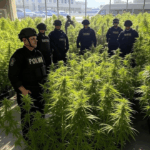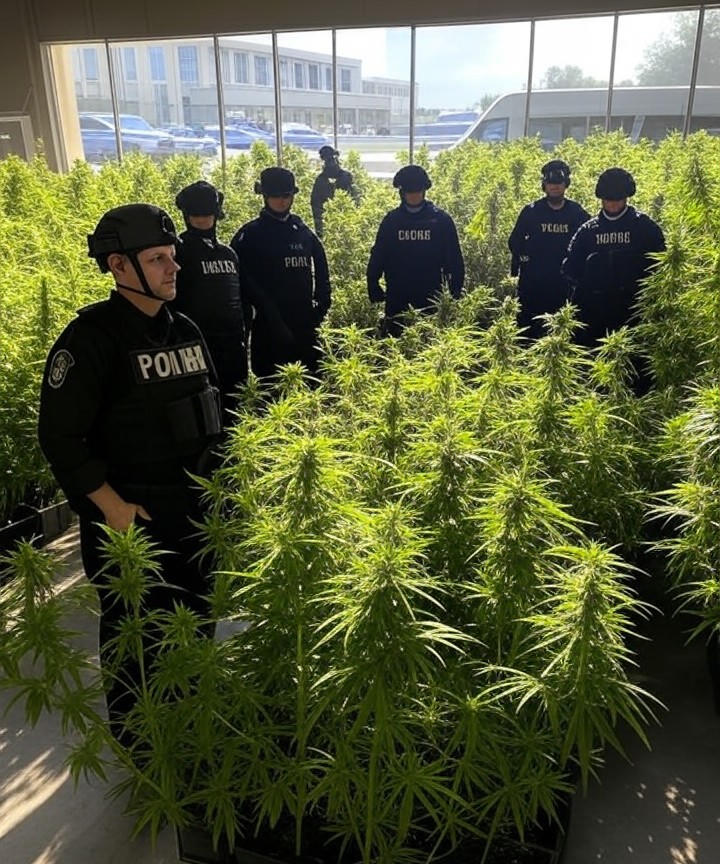New Study Reveals Cannabis Can Help Some Sleep, But Not All
A recent study published in Addiction has shed light on the complex relationship between cannabis and sleep. Researchers from the University of Southern California’s Keck School of Medicine found that cannabis can improve sleep quality for young adults with pre-existing depression or anxiety, but can worsen sleep problems for those without mental health conditions.
The study analyzed data from 3,300 public high school students in the Los Angeles area, comparing those who use cannabis regularly with those who have never tried it. The researchers used a 16-point scoring system to assess sleep problems and found that participants with anxiety or depression experienced a significant decrease in sleep problems over six months, while those without mental health conditions saw an increase in sleep problems.
The study’s lead author, Claire Walsh, suggests that cannabis may help mask the symptoms of anxiety or depression, which can negatively impact sleep. However, this does not necessarily mean that cannabis is treating the underlying mental health condition.
Other experts, such as physician Peter Grinspoon, believe that people with anxiety or depression may find cannabis more beneficial for sleep because they are more likely to struggle with insomnia. Grinspoon also notes that people who consume cannabis with the intention of improving their sleep quality may use lower doses, as high doses can be stimulating and keep people awake.
The study’s findings are not without controversy, as some experts argue that much of the scientific research on cannabis and sleep has been skewed due to methodological issues and a focus on finding harms rather than benefits. Additionally, restrictions on cannabis research make it difficult to study the substance in a lab setting, leading to reliance on real-world data about whatever cannabis participants happen to be using.
Despite the challenges, the study’s findings offer promise for the potential benefits of cannabis for sleep. A recent study from the UK found that patients with post-traumatic stress disorder (PTSD) experienced significant sleep improvements after treating their condition with vaporized cannabis.
However, it’s essential to note that cannabis still carries risks, including the potential for dependence and withdrawal symptoms. Additionally, cannabis can reduce the amount of time spent in rapid eye movement (REM) sleep, which may have implications for overall sleep quality.
Ultimately, the relationship between cannabis and sleep is complex and influenced by individual factors such as mental health and consumption habits. Further research is needed to fully understand the effects of cannabis on sleep and to develop effective treatment options for those who struggle with insomnia and other sleep disorders.












